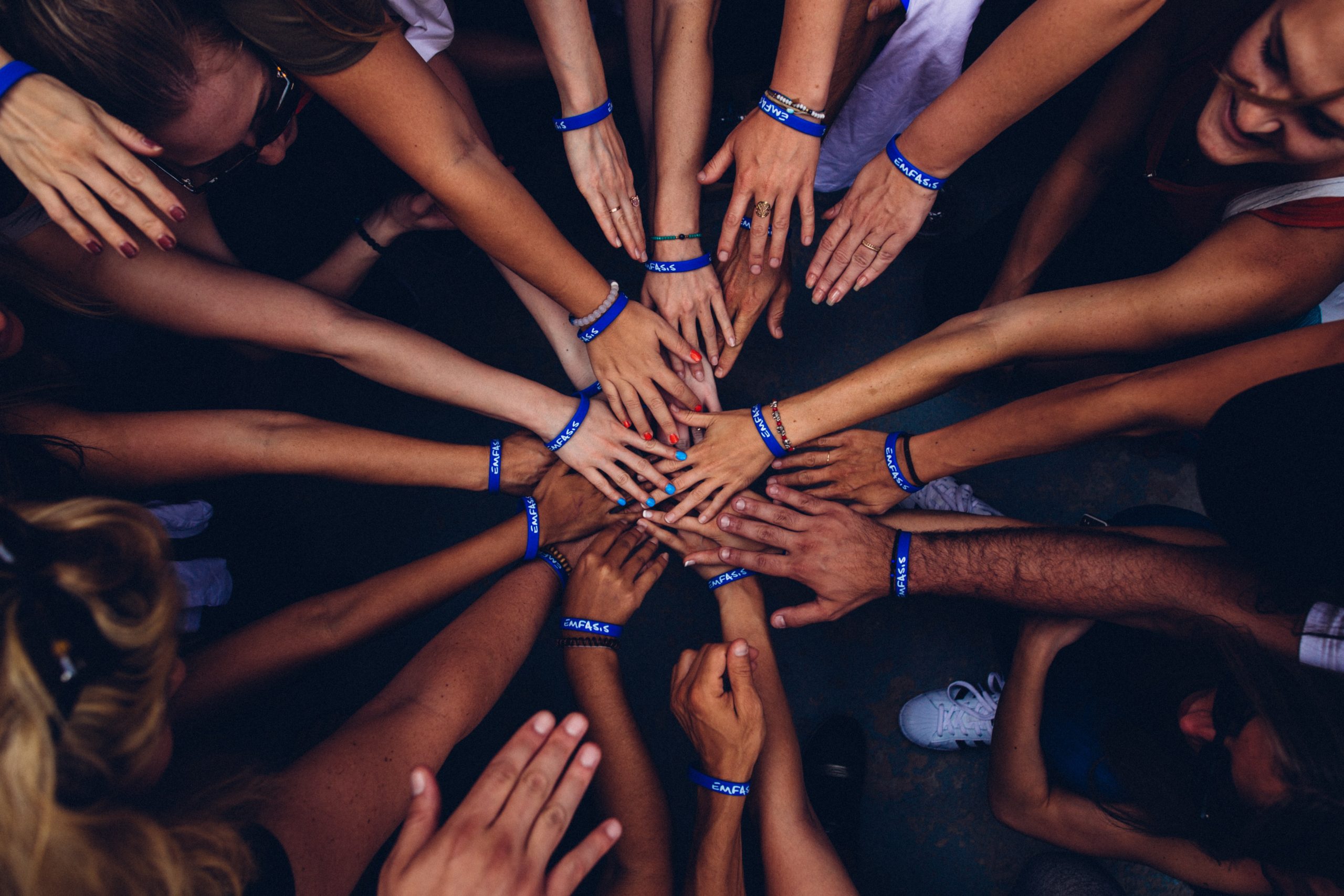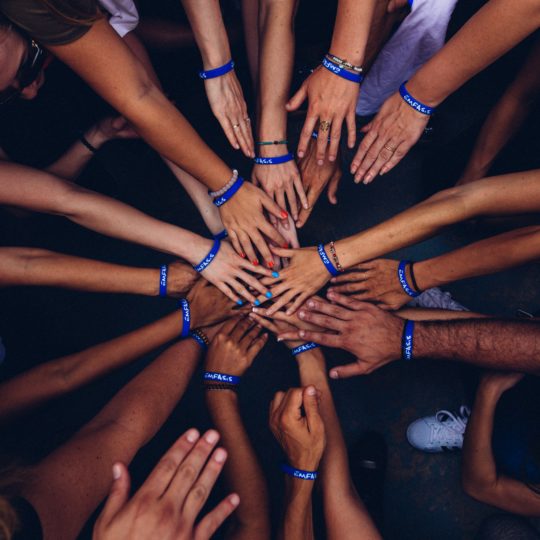Friendship
“A real friend is the one who walks in when the rest of the world walks out.”
Familiar and liking of each other’s mind is not merely the essence of friendship. A true friend is someone who lets you have total freedom to be yourself, and especially, to feel.
Man is by nature a social animal whose inclination is to live in the company of others.Friendship is not an event but a process. We have to nourish, cherish and put in efforts to create the bond and make it last.
Philosopher Aristotle explained friendship in his Book I of the Politics. The first type, friendship based on utility, people associate for their mutual usefulness. In the second type, people associate for the sake of sensual pleasure, be it sexual, other physical, general pleasure or delight. The third type of friendship, which is grounded in virtue, is the fully-developed friendship.
The first and second type of friendship is self-regarded or self-focused relationships facilitating one’s own pleasure. Such kind of friendship doesn’t last long and end soon when their objective ends but the third type sustains over time because of the selfless and constructive nature.
What do people feel about friendship?
How easily a simple misunderstanding can escalate into a conflict between friends. Good friends are expected to be loyal, honest, and trustworthy, fun to be with, reliable, willing to listen, non-judgmental, caring and supportive. Such high expectations, however, can make close friendships more vulnerable to conflict than casual ones.
Factors that spoil a friendship:
There are a few common problems we usually face in friendship:
- Jealousy and rivalry
- doubt and misunderstanding
- Difference in opinions
- Non-commitment
- Development of relationship
- Availability or Too busy to hang out
- Going behind the back
- Drifting apart or being ghosted
- Lack of confidence and keeping out
- Involvement in bad company
- Bullying or manipulation
How UDGAM will help?
People always try hard and give their best to keep and nurture friendship. Team UDAGM, the clinical psychologist expert in relationship counselling, will be your real friend and will help to manage your friendship gracefully. We will help reduce your anxiety, panic attacks, depressive symptoms, sleep disturbances, if any, due to the issues arising in your friendship.
Resolving disagreements in friendship:
– It’s always good to have transparency in friendship. Good communication helps resolve many problems. Convey that you wish to have a true relationship based on trust and cooperation, and that you don’t like to be used, nor do you use anybody for selfish motives. If you don’t like something in your friend, tell it directly to him/her, instead of directing it through someone else. This also helps build trust.
– You can rethink or reconsider the relationship anytime.
– Trust and faith are the two important pillars of friendship; if broken, friendship falls. Instead of investing in negative feelings and insecurities, be positive and play fair in the spirit of a strong friendship.
– Avoid jumping to conclusions; take time to think through all the possibilities. To really know the reason, simply ask. Assumptions lead to misunderstandings. Always figure out what’s bothering you in friendship.
– Your ego is the factor that stops you from reaching out to your friend to reconnect. If you drop your ego, chances are that your friend will understand your gesture and reciprocate in the same manner.
– Be willing to apologise and forgive. There’s no space for grudges in friendship.
– Be the first to initiate restoration of the earlier status of friendship, even if it requires you to forgive or be forgiven. We all make mistakes and sometimes lose our cool and temper.
– In the case of bullying, you can balance out the relationship by developing self-confidence and believing in yourself. Let him or her know that you don’t like to be bullied.








